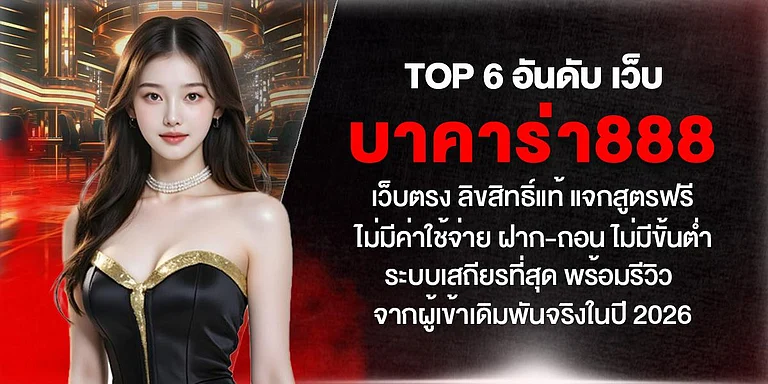
"Essentially, there is a problem of substandard educational institutions coming up, but equally there is the problem of licence raj in the area of higher education (including management schools)," says corporate commentator Gurcharan Das. Adds C.S. Venkataratnam, director, International Management Institute (IMI), Delhi, "Most institutions approved by and accredited with the AICTE (All India Council of Technical Education) and several university and affiliated degree programmes do not meet the test of quality." So, it’s true. Apart from world-class schools like IIMs, India also has many institutes that probably take students and parents for a ride.
Most experts think the fundamental problem is regulation. According to them, regulatory bodies like the AICTE and the UGC have proved to be bottlenecks. "AICTE doesn’t really have a role to play. The UGC raj has killed higher education in India. Only two dozen of its (UGC’s) 200-plus universities offer reasonable teaching, and most of them existed before the UGC," says Das. A few heads of existing B-schools are convinced that "regulation has proved to be inadequate and has become a hindrance for fresh initiatives and innovation." Adds Venkataratnam, "Accreditation should be voluntary, not mandatory. It shouldn’t be treated like inspection, but an exercise to help build and testify quality through mentoring, counselling, information sharing, benchmarking and hand-holding."
The regulators disagree and see the issues in a different light. In an informal chat, senior AICTE officials said that it’s because of regulation that management (and other higher education) institutes have reached a certain level of quality. "Regular monitoring has forced several institutions to shape up and improve the quality of education. Our database, updated regularly, helps us to pinpoint errant institutes...which finally helps the students," says one of them. They say what’s required is a system whereby the regulators, the institutes and other stakeholders work together to improve levels of education in the country. And that’s what AICTE is apparently striving for. (Despite several attempts, Outlook’s official queries to the AICTE were not answered.)
Still, experts feel that the AICTE or the UGC regime is not working in practice. A better solution would be to force all institutions (including those affiliated with the various universities) to disclose all relevant information. Then an independent rating agency like CRISIL could publicly rate them on the basis of different parameters. "The best model is that of the directorate-general of shipping which has put in place a world-class system for maritime education. It has asked three independent rating agencies—CRISIL, ICRA and CARE—to grade both public and private institutes (and their courses) and post the results on their websites. We should have a similar system for technical education," says Das.
Ultimately, the idea must be to build world-class institutions on global scales —in terms of reach, presence, faculty and network. Only then can the Indian schools compete with their international counterparts. Especially so when the education sector is liberalised in the WTO-GATS regime and with global schools poised to enter the Indianmarket. Already, the UPA government is planning to move a bill in Parliament to open up higher education for foreign players. So, this has to be done sooner than later. "Otherwise, Indian B-schools will find themselves in an uneven playfield and their alumni will find it more difficult to compete for jobs and opportunities globally," predicts Venkataratnam.As for the students and parents, they need to exercise caution. As Das puts it: "When you buy a car or a TV, you scan the market for the best deal. Why not for higher education? If students do so, the rotten colleges will either improve or competitive forces will force them to shut down." For now, it’s up to the buyer to set the standard, AICTE or UGC regulation don’t really matter.






















